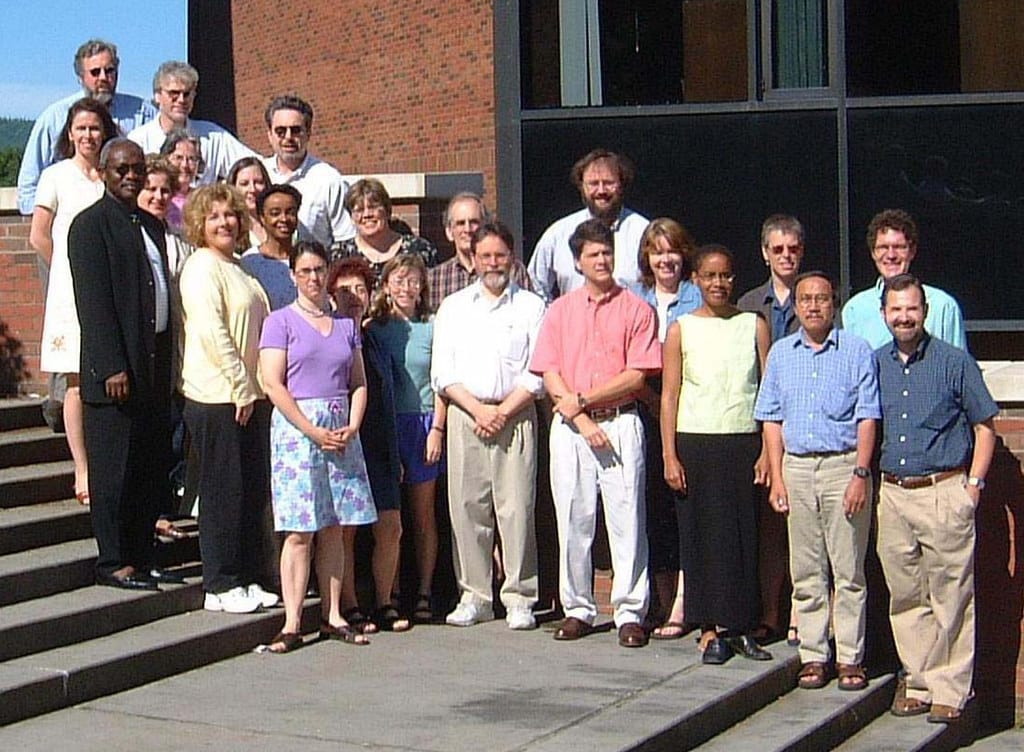British Scientists Launch Ambitious Project to Build Human Genome From Scratch
A groundbreaking initiative led by UK researchers aims to synthetically construct the entire human genome from the ground up, potentially revolutionizing medicine, biotechnology, and our understanding of life itself. The project, which represents one of the most ambitious undertakings in modern biology, could fundamentally change how we approach genetic diseases, organ transplantation, and pharmaceutical development.
The Science Behind Synthetic Genomics
The Human Genome Project-Write (HGP-Write), as it's formally known, seeks to create a fully synthetic version of the 3.2 billion base pairs that make up human DNA. Unlike previous efforts that focused on reading and understanding genetic code, this initiative aims to write entirely new genetic sequences from scratch.
Led by researchers at institutions including Imperial College London and the University of Edinburgh, the project builds upon recent advances in DNA synthesis technology and synthetic biology. The team plans to construct synthetic chromosomes piece by piece, starting with smaller sections before assembling them into complete genetic blueprints.
Dr. Sarah Chen, a synthetic biologist at Imperial College London and one of the project's lead researchers, explains the magnitude of the undertaking: "We're essentially trying to build the instruction manual for human life. This isn't just about copying what already exists – we're creating the tools to potentially improve upon it."
Potential Medical Breakthroughs
The implications for medicine could be transformative. Synthetic genomes could serve as the foundation for growing replacement organs that are genetically matched to individual patients, eliminating the risk of rejection. Current organ transplant waiting lists in the UK include over 6,000 people, with many patients dying before suitable donors are found.
Targeting Genetic Diseases
The project also promises new approaches to treating genetic disorders. By creating synthetic genetic material without disease-causing mutations, researchers could potentially develop therapies for conditions like:
- Huntington's disease, which affects approximately 8,500 people in the UK
- Cystic fibrosis, impacting roughly 10,500 individuals nationwide
- Sickle cell disease, affecting thousands more
"Rather than trying to fix broken genes, we could potentially replace entire genetic systems," notes Dr. Michael Roberts, a geneticist at the University of Edinburgh. "It's like the difference between patching a complex computer program versus writing clean code from scratch."
Manufacturing and Economic Impact
Beyond medical applications, synthetic genomics could revolutionize manufacturing. Organisms with custom-designed genomes could be engineered to produce everything from pharmaceuticals to sustainable materials. The UK's biotechnology sector, already worth £8.2 billion annually, could see substantial growth as these technologies mature.
Companies are already investing heavily in the field. Synthetic biology firms have raised over £2.1 billion globally in the past three years, with a significant portion focused on genome synthesis technologies.
Addressing Ethical Concerns
The project isn't without controversy. Critics raise concerns about the ethical implications of creating synthetic human genetic material. Questions about consent, ownership of genetic information, and potential misuse of the technology remain hotly debated.
The research team has established an ethics board to address these concerns proactively. "We're not trying to create synthetic humans," emphasizes Dr. Chen. "Our focus is on developing the tools and knowledge that could benefit human health and address global challenges."
Religious groups and bioethicists have called for transparent public dialogue about the project's goals and limitations. The Nuffield Council on Bioethics has announced plans to publish guidelines for synthetic genomics research by late 2024.
Timeline and Challenges
The project faces significant technical hurdles. Current DNA synthesis technology can only reliably create sequences of about 200,000 base pairs – far short of the millions needed for human chromosomes. The team estimates that scaling up to full genome synthesis could take 10-15 years and require substantial technological advances.
Funding remains another challenge. The project requires an estimated £2.4 billion over the next decade, combining government funding, private investment, and international collaboration.
The Path Forward
As UK scientists embark on this ambitious journey, they're positioning Britain at the forefront of synthetic biology. The project represents not just a scientific endeavor, but a potential economic and strategic advantage in an increasingly competitive global biotechnology landscape.
The success of synthetic genome construction could usher in an era of unprecedented precision in medicine and biotechnology. While significant challenges remain, the potential benefits – from curing genetic diseases to sustainable manufacturing – make this one of the most compelling scientific undertakings of our time.
The question isn't whether synthetic genomics will transform society, but how quickly we can realize its potential while addressing the ethical considerations it raises.
